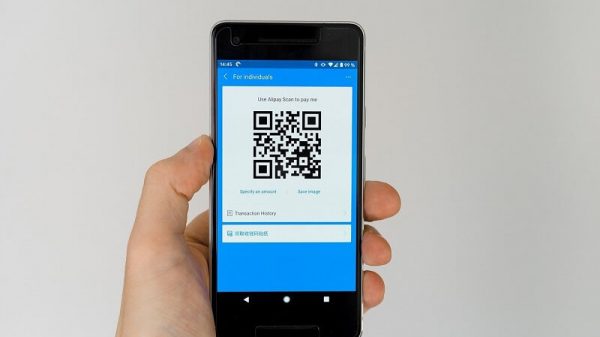The first few days of this year were rife with speculation that Alibaba founder Jack Ma had disappeared. But the fintech tycoon remains elusive, reportedly under supervision by Chinese authorities, the Asia Times Financial reported. Ever since he made a speech in October last year, Jack Ma has had several run-ins with the Chinese state and financial regulators.
In early November 2020, the initial public offering of one of his companies, the Ant Group, was suspended by the Shanghai Stock Exchange. This was followed by China’s central bank and antitrust watchdog turning the screws on the Alibaba Group and Ant Group as well as Ma himself.
Scrutiny by authorities
The first run-ins began when the People’s Bank of China (PBC) tightened rules on online lenders introducing new measures on capital, licensing requirements, caps on loan rates and limits on the use of asset-backed securities to fund quick consumer loans. Ma’s personal wealth was pegged at $60 billion at the time.
Then during a speech at the Bund Summit, in Shanghai in October, Ma likened China’s traditional banks to “pawnshops“, which allowed many to grow so big that they are not allowed to fail. “We shouldn’t use the way to manage a train station to regulate an airport, neither should we regulate the future with the method from yesterday,” he said. This earned the ire of regulators.
After the IPO was suspended, in early December the Chinese antitrust watchdog fined Alibaba 500,000 yuan ($76,500) over a few acquisitions it had made. In the following weeks, the State Administration for Market Regulation said that it would investigate Alibaba over anti-competition practices.
During the last week of December, executives of Ant Group were summoned by the PBC. The central bank laid out a five-point compliance program which stated that the fintech should go back to its payments roots, bring transparency to transactions, obtain licenses for lending business, protect data privacy, and improve compliance of its securities business. It further said that the group has to create a financial holding company, ensure it has enough capital, and align its lending, insurance, wealth and other financial businesses with the law.
According to Bloomberg, the group’s management agreed to fold its financial operations into a holding company with each individual businesses seeking licenses from the relevant regulators. This would treat the fintech company more like a bank, with higher capital requirements and lending norms which could curb the company’s fast paced growth.
Yet, Chinese regulators continue to scrutinise Ma and his empire. According to Reuters, regulators are reviewing equity investments held by Ant in multiple of companies. The regulators could direct the fintech giant to divest its investments in companies in case it “violates any rules such as creating unfair competition in the market,” the report said citing an unnamed source.
Alibaba and Ant Group’s Indian interests
- One97 Communications (Paytm): 30.3% stake owned by Ant Group worth $4.8 billion
- Zomato: 23% stake
- BigBasket: 26.2% stake
- Xpressbee: $10 million investment
- VMate: $100 million investment
- Vidooly: ₹14.37 crore investment
History of Alibaba and Ant Group
In 1999, Ma along with his wife and friends started a company that run a platform for businesses to buy and sell goods. A year later, the Alibaba Group raised $25 million from the likes of Goldman Sachs and thus, began Ma’s rise to domination. The startup eventually became the biggest e-commerce platform in China and later expanded into cloud computing, logistics, news media, healthcare, video-streaming, movie production, sports, and retail. In 2014, it launched its IPO raising around $25 billion and later got listed on the New York Stock Exchange.
An off-shoot payments app of Alibaba, called Alipay, eventually became a fintech giant in its own right, with over 729 million users. Ma spun the payments and lending/insurance company off into a separate entity under the Ant Group and had planned for the world’s largest IPO. According to Ant’s prospectus, as of June 2020, it had 729 million users on the digital fintech platform and 500 million users on the lending side, processing ¥119 trillion transactions in the preceding 12 months.
Also read




















